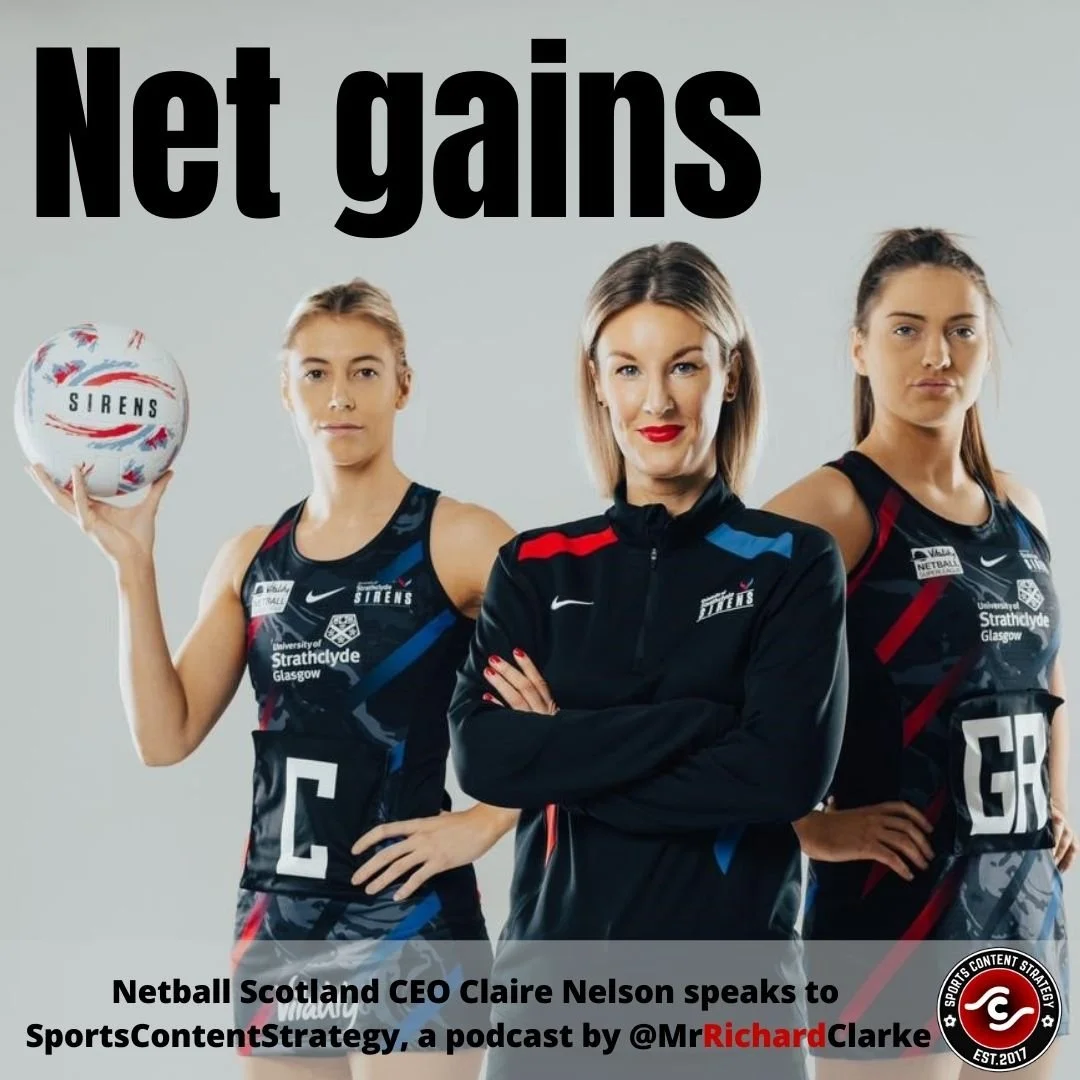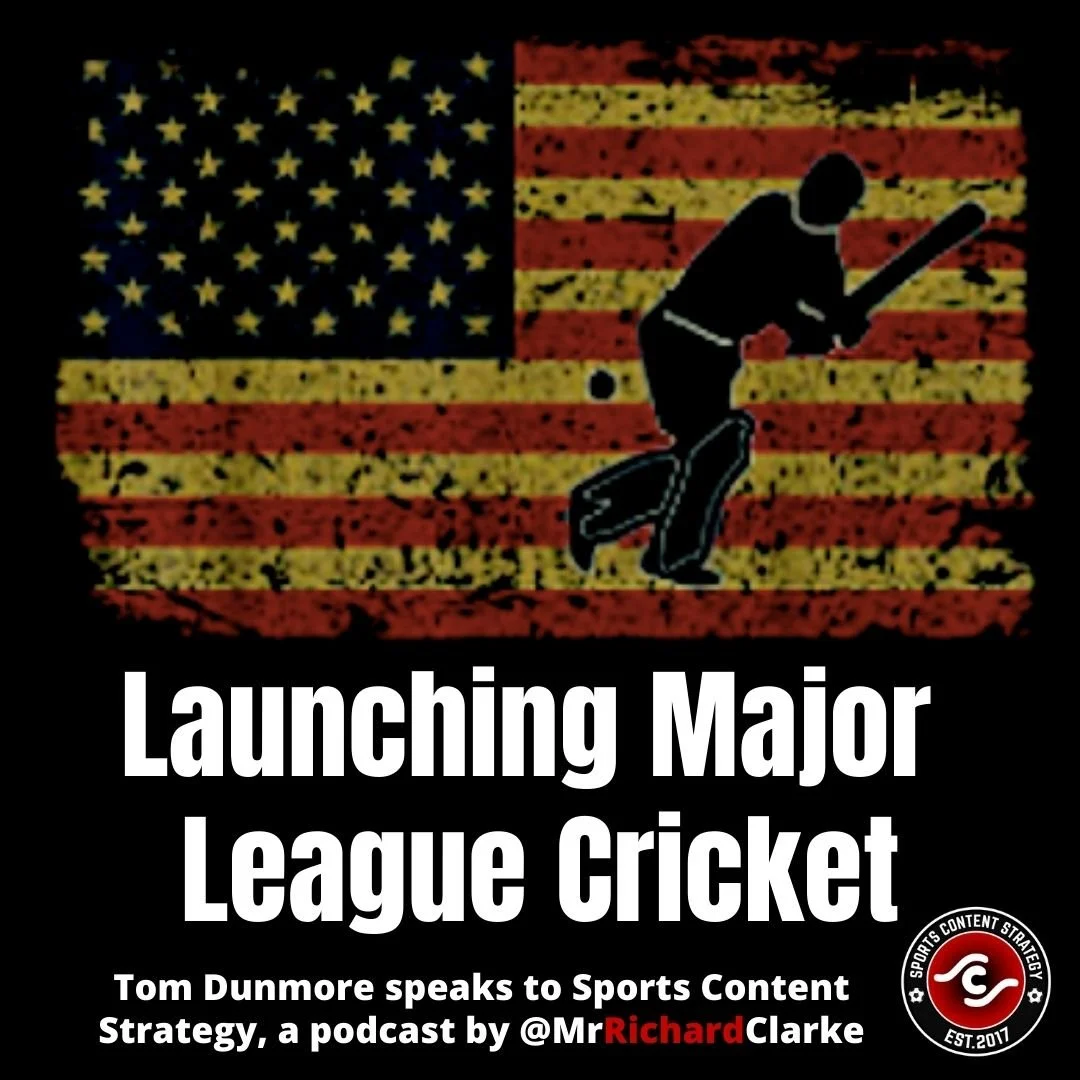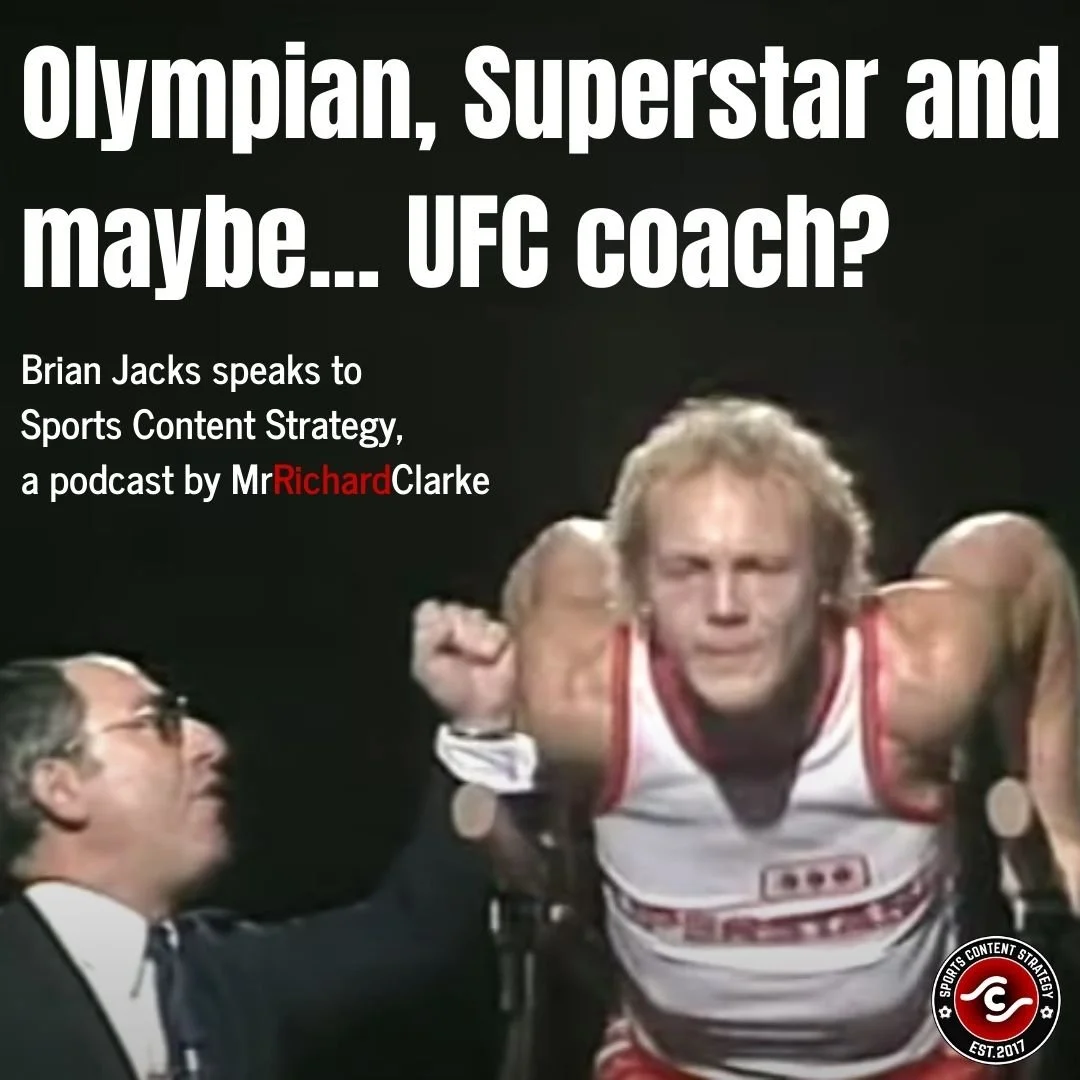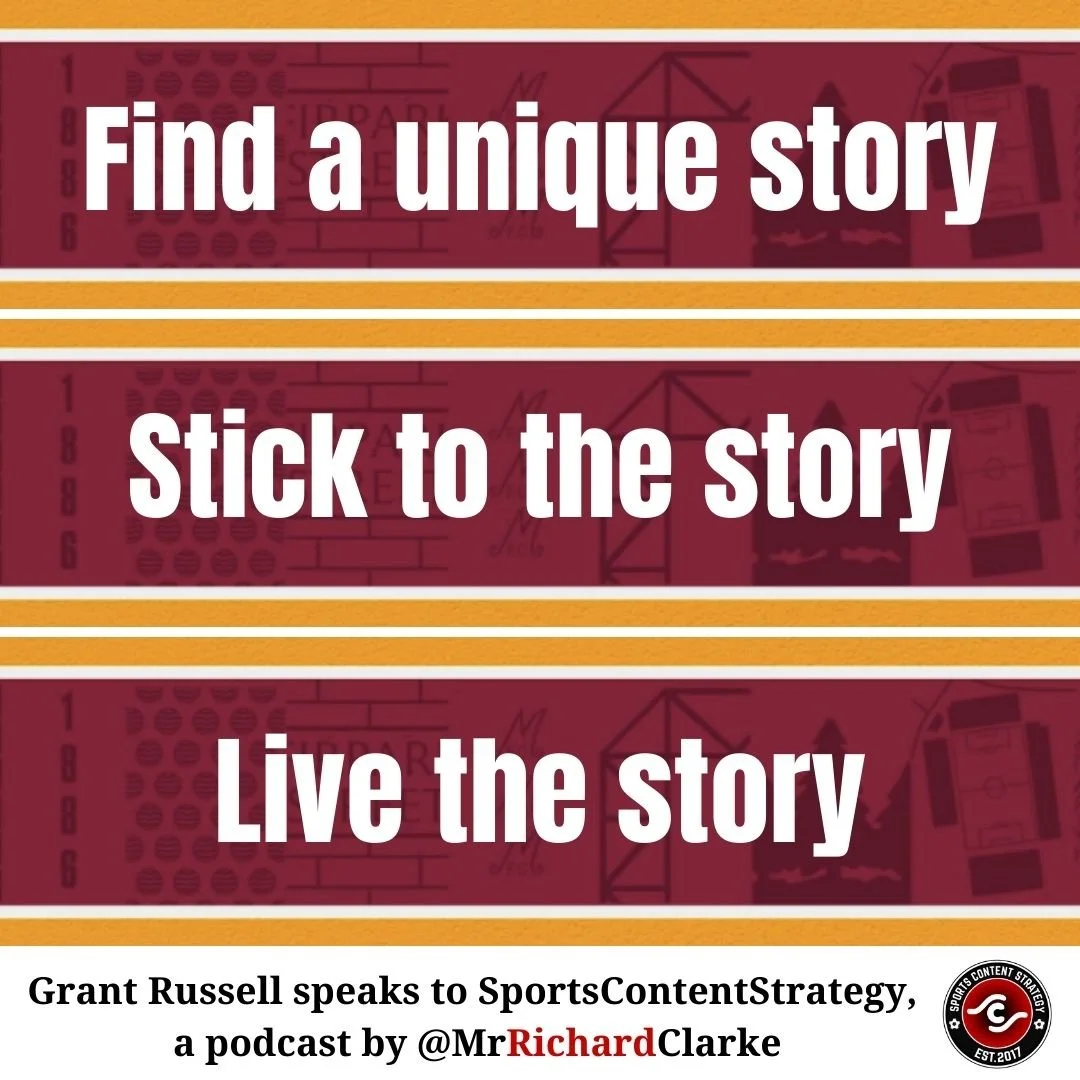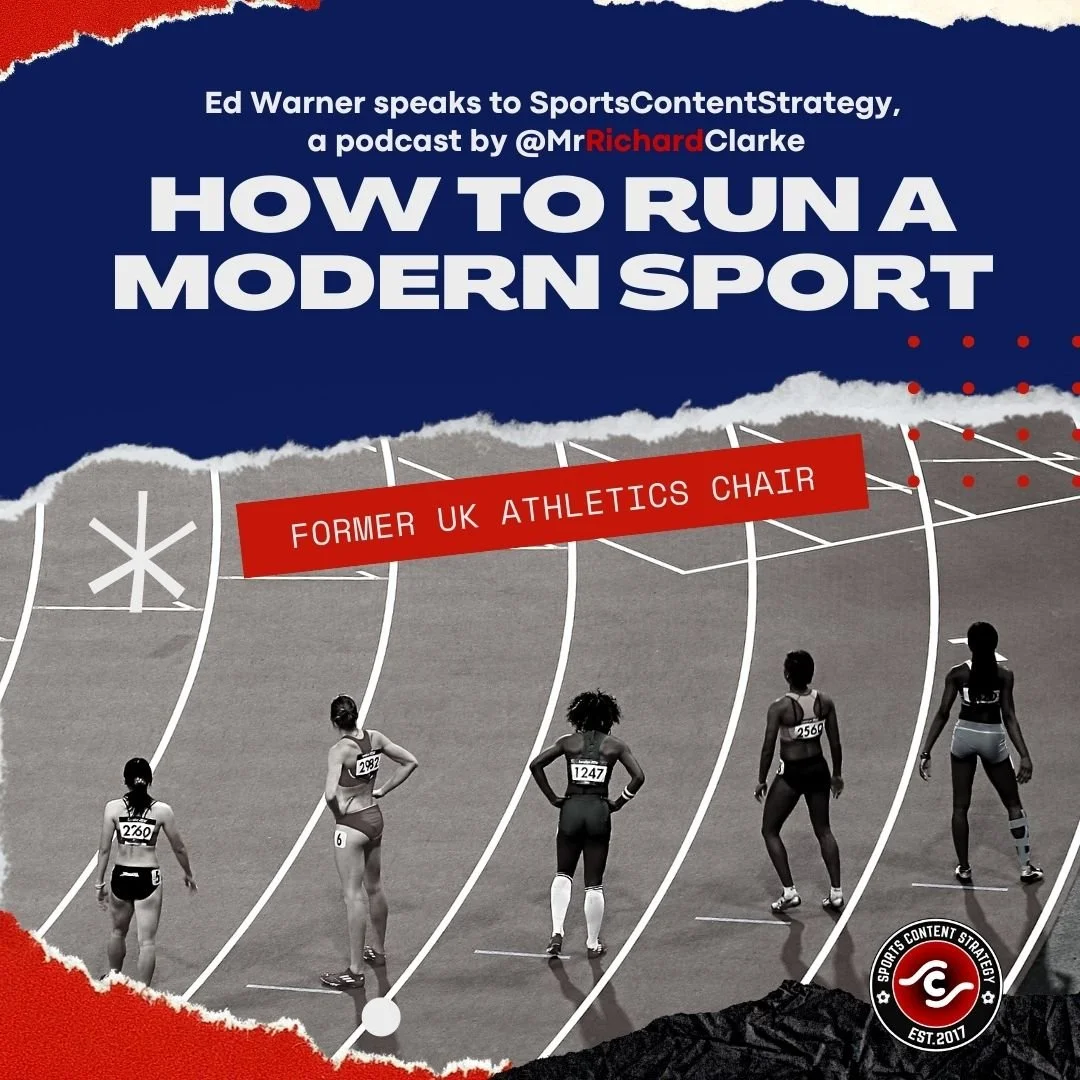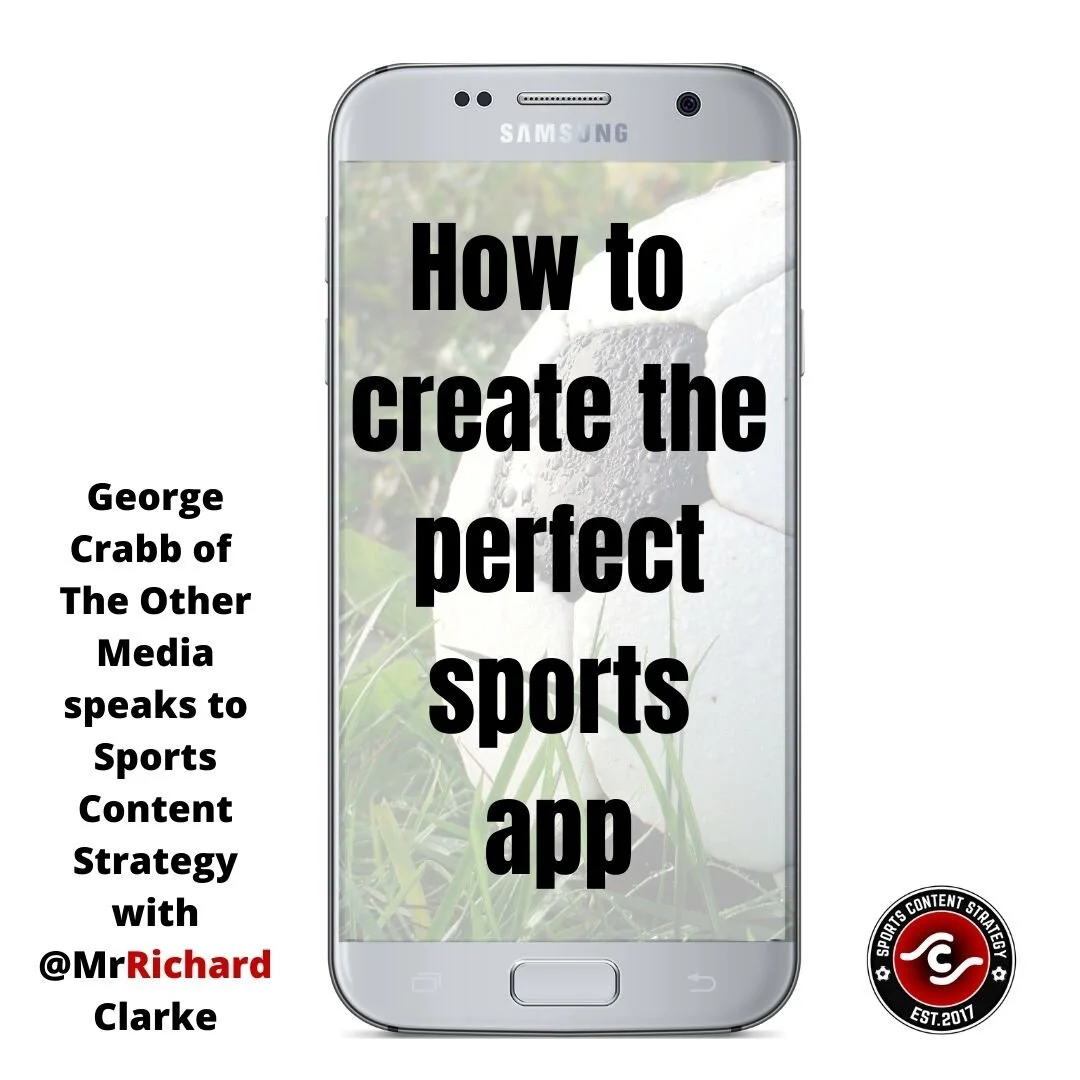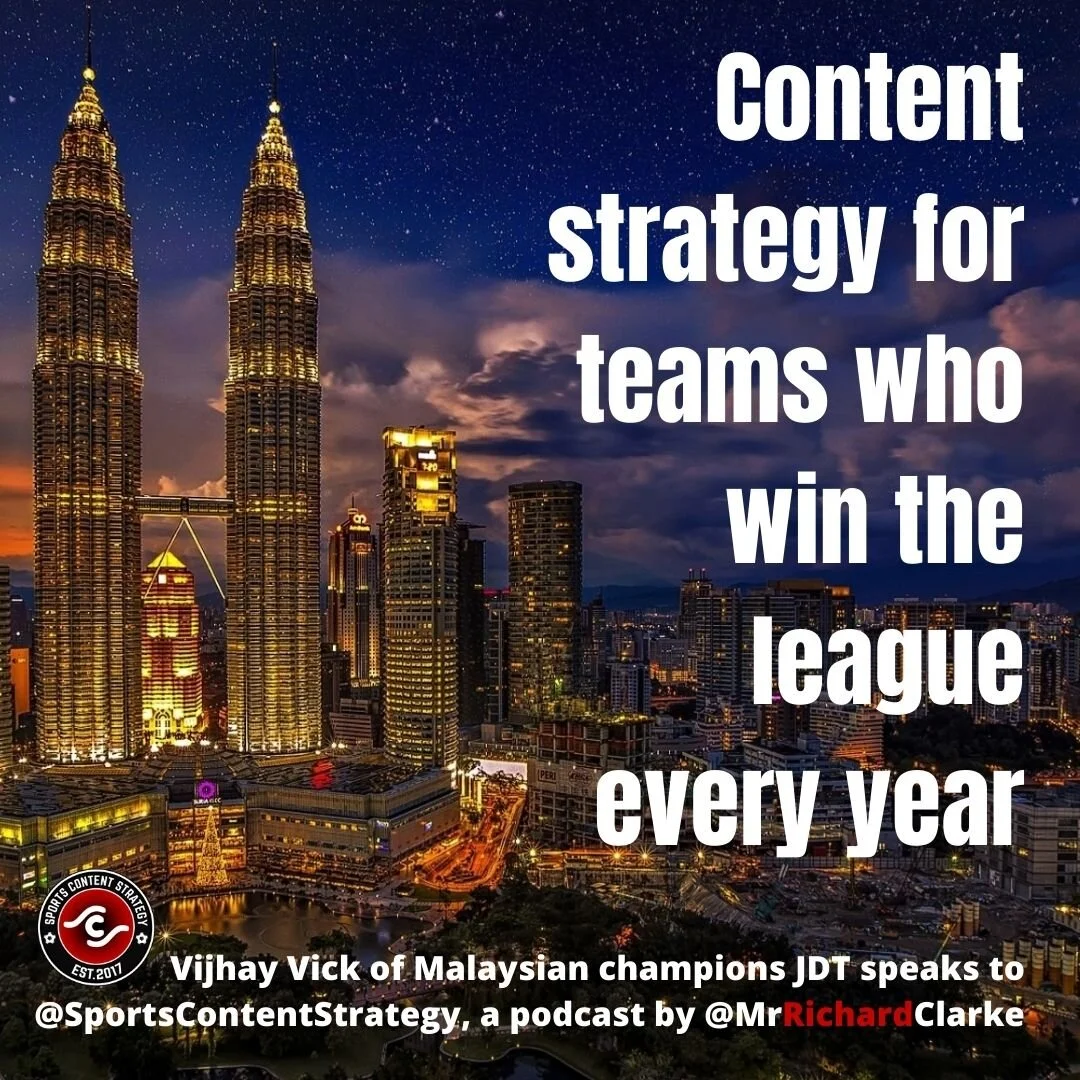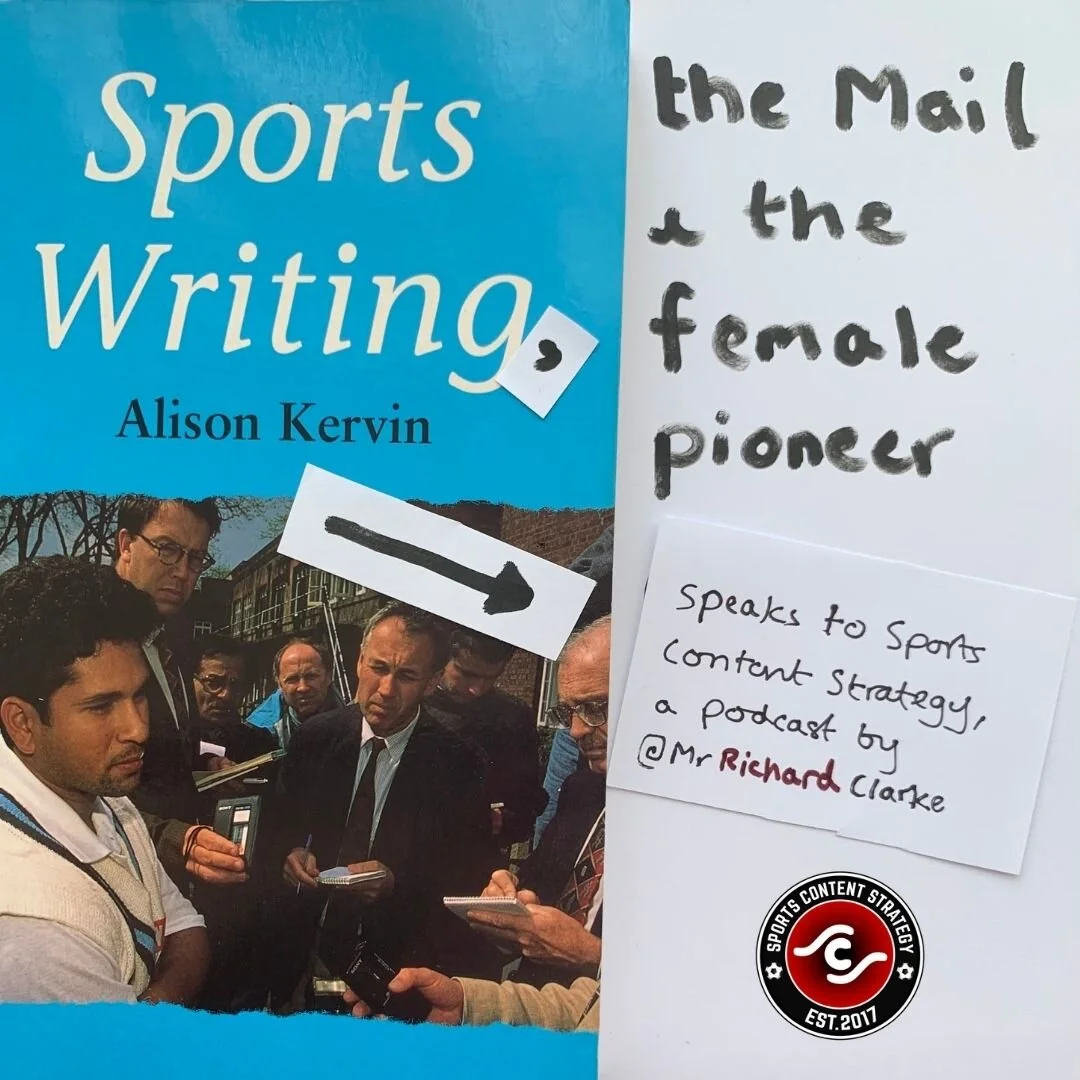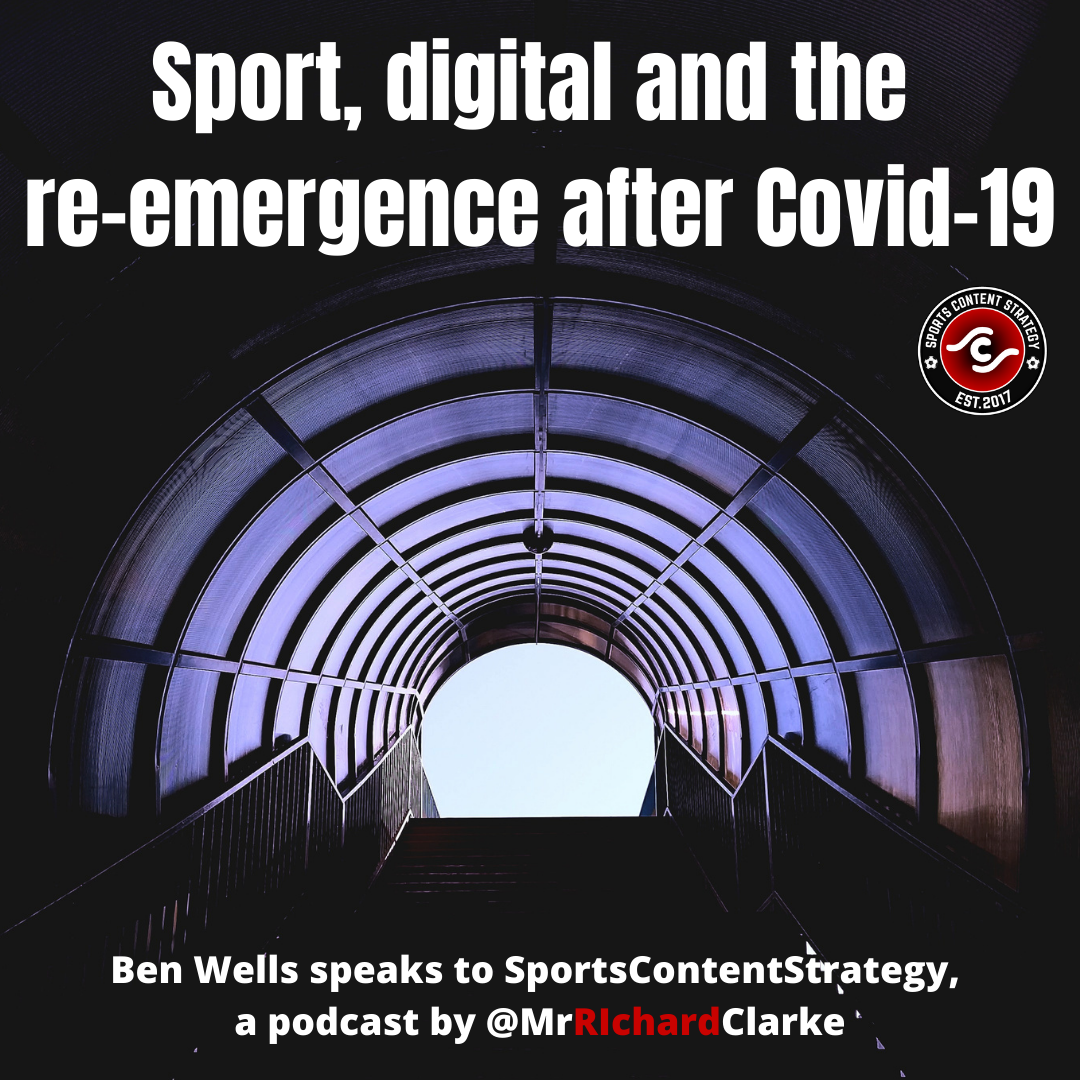In 2023, one-day cricket enjoyed its 60th birthday.
David Tossell has written a book on the evolution of the format. He describes those early days as “nicely naïve”. But, at the same time, they were the foundation for every major innovation in cricket ever since.
These days, the 50-over game is under an existential threat due to the rise of T20. Can it survive, is it worth saving and what would be its legacy?




